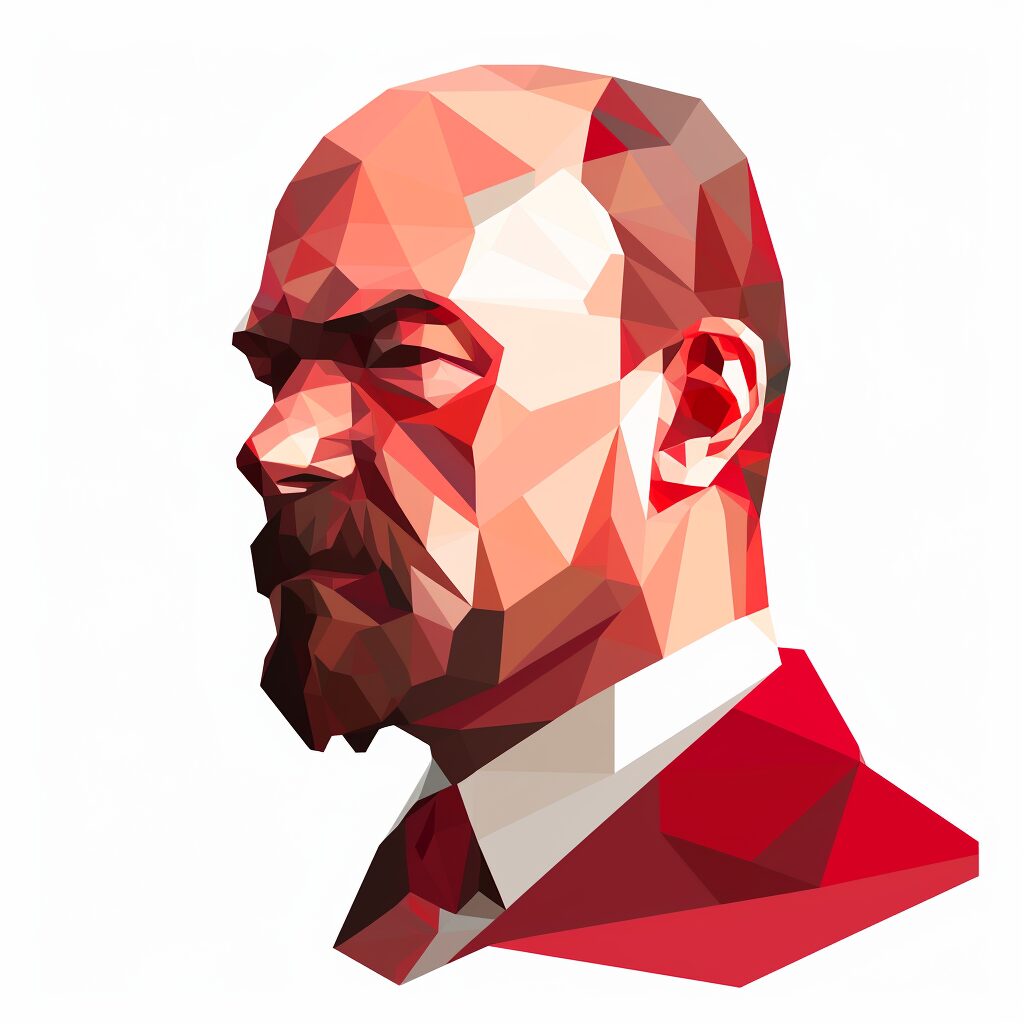This quote suggests that while liberty is a valuable and cherished concept, its distribution should be carefully controlled. The idea of rationing liberty implies that unrestricted freedom could lead to chaos or misuse, hence the need for regulation and balance. It is a veiled endorsement of a controlled system where freedom is given, but within certain boundaries set by those in power.
This perspective is controversial as it contradicts the traditional view of liberty as a fundamental right that should be enjoyed unconditionally by all individuals. It brings up the debate between absolute freedom and controlled freedom, and questions whether true liberty can exist in a regulated environment.
In today’s world, this quote can be seen reflected in the ongoing debates about the balance between individual freedoms and societal safety. For instance, in the wake of the COVID-19 pandemic, governments around the world imposed restrictions on personal freedoms (like freedom of movement, assembly, etc.) in the interest of public health safety. Some people accepted these restrictions as necessary for the common good, while others saw them as an infringement on their personal liberties.
In terms of personal development, this quote could be interpreted as a call for self-discipline and responsibility. Just as a society must ration liberty to prevent chaos, individuals must also exercise their freedom responsibly. Unlimited freedom without self-control can lead to self-destruction. Therefore, personal growth requires a balance between freedom and discipline.
In essence, this quote underscores the importance of balance in the exercise of liberty. While freedom is precious, it must be accompanied by responsibility and respect for the collective good.




